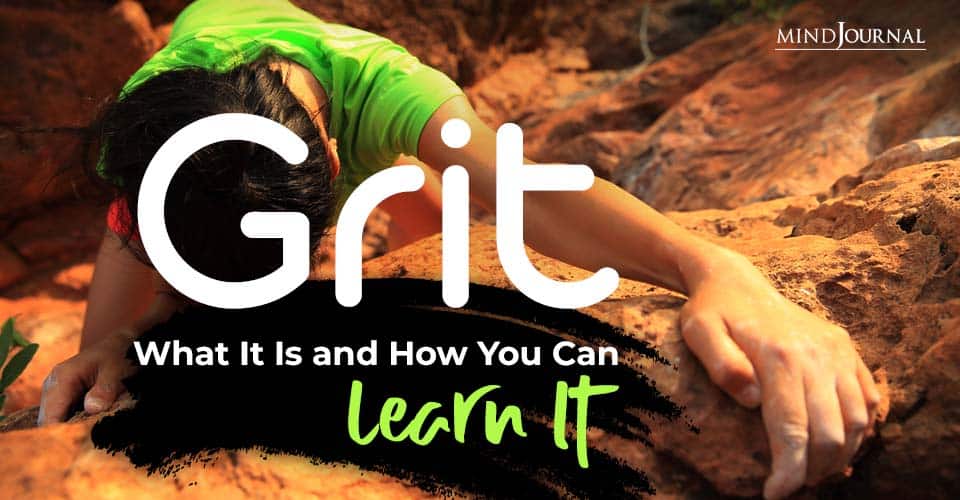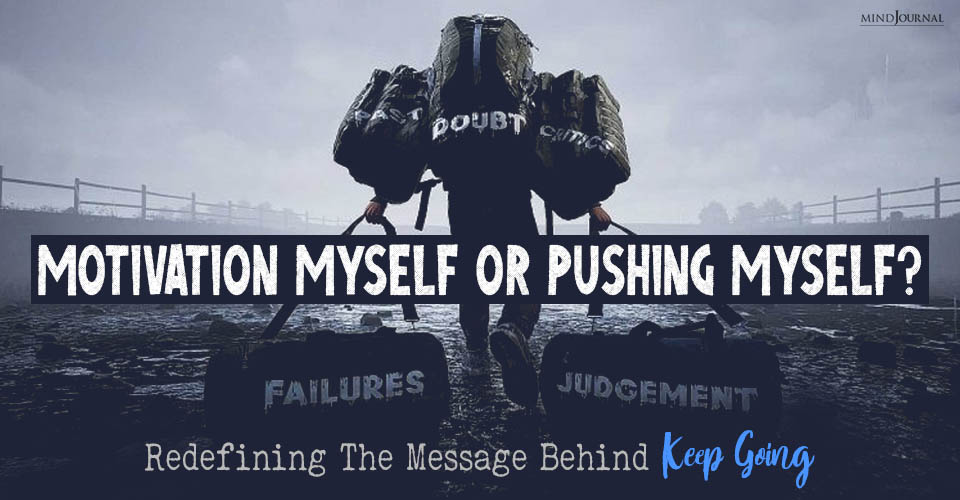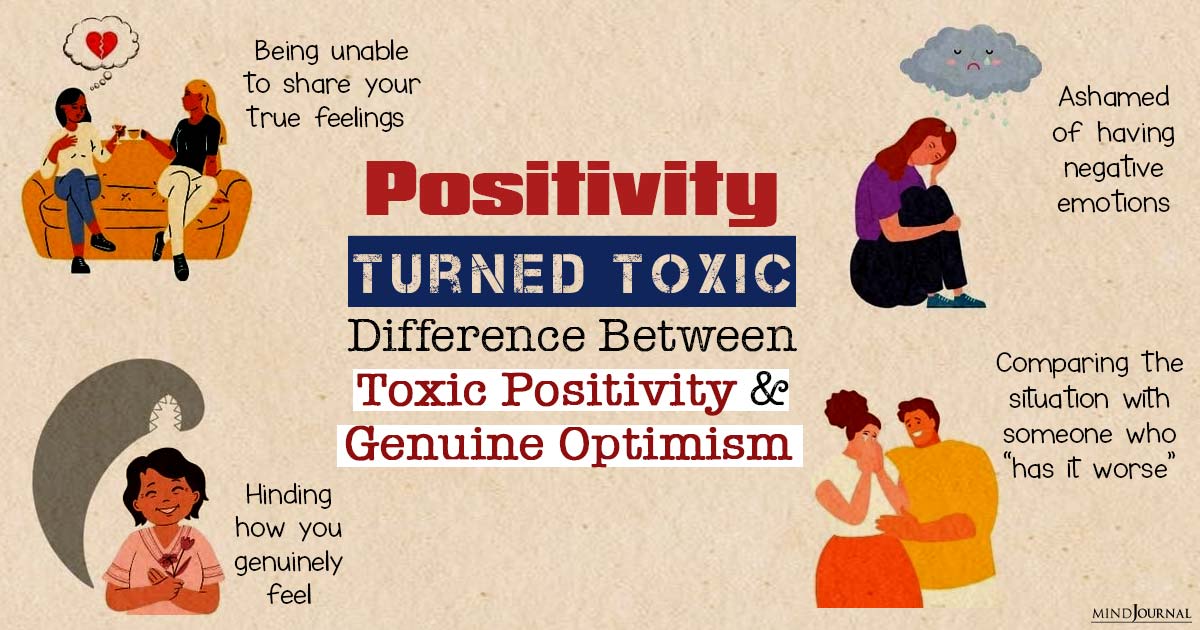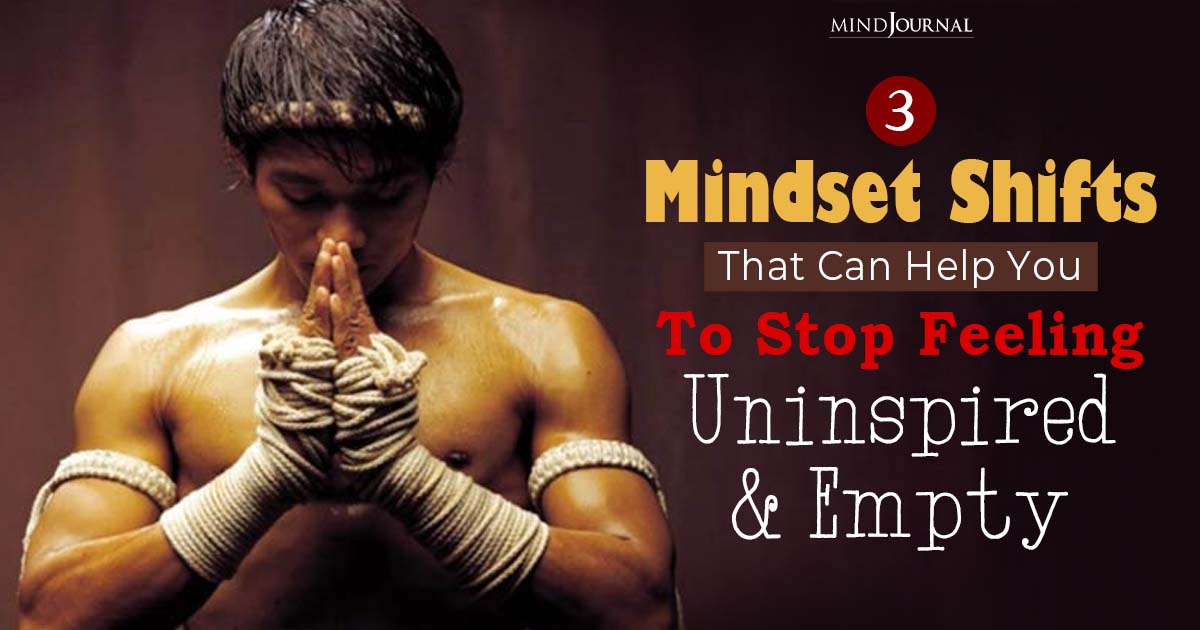Grit is mental toughness and courage. It is the ability to sustain interest in and effort toward very long-term and particularly challenging goals.
It is also one of the most critical skills for developing unwavering self-confidence.
What does the research say?
Angela Duckworth, an American psychologist at the University of Pennsylvania, is a world leader in the study of grit. In essence, Duckworth studies what it takes for a person to dream big and never quit.
Before attending grad school, she was a math and science teacher in a low-income neighborhood, where she observed that the students who excelled weren’t necessarily the brightest, but they were almost always the ones who never quit.
They had a capacity to stick with something and endure setbacks that separated them from their less successful peers. If they failed, they tried again.
Duckworth went on to become a leading researcher in the area and helped develop a 12-item self-response questionnaire to measure the skill of grit.
Her team was invited to work with the leaders at the world-famous United States Military Academy, known commonly as West Point, to develop an effective predictor of which candidates would stick with the program.
Despite having one of the most rigorous admission processes in the world, West Point found that 1 in 20 of their freshmen dropped out before the first summer was over. So Duckworth and her team set out to draw a correlation between a student’s grit score and their success during “Beast Barracks,” the seven-week-long Cadet Basic Training.
In the end, they found that the skill of grit—basically, determination plus perseverance—was a more accurate predictor of success than any of the instruments West Point had been using.
Since then, Duckworth and her team have gone on to demonstrate that grit is an emotional and mental quality required for success in almost any setting.
Related: 21 Things That Change When You Start Respecting Yourself
I also consider grit a prerequisite skill for self-confidence, because I have learned from experience that people who quit early or who can’t handle setbacks never develop a basic belief in their ability to accomplish things.
But you can learn to stick with things. You can practice perseverance. Like all the others, grit is a skill learned through repetition. And when you acquire more of it, your belief in yourself rises and you are another step closer to being a person of high self-confidence.
Grit Builder #1: Believe You Can Change
Let’s add another expert to the mix to understand why some people work through tough moments while others quit.
Carol Dweck is a renowned psychologist from Stanford University who wrote a seminal work called Mindset: The New Psychology of Success.
This is the key idea of her research: A person’s view of their ability to improve has a huge effect on their actual ability to improve.
If you have a growth mindset—the belief that ability, intelligence and personality can improve—you will continually progress and excel.
If you have a fixed mindset—the belief that abilities are inborn and cannot change—you will conclude that you can’t grow your intelligence and will have a tendency to give up when things get tough.
Failure is a sign of being stupid, and stupid is something you can’t change, so what’s the point of carrying on?
So believeth the fixed-mindsetters…
In one study, Dweck and her colleagues organized seventh graders in a New York City public school into two groups: those who showed a growth mindset and those who showed a fixed mindset. The researchers then provided feedback that matched the students’ existing concept of intelligence.
The fixed-mindset kids were told “You got it right because you are smart” (as if “smart” is something you just “are”).
The growth-mindset kids were given feedback about effort, not intelligence: “You worked hard and that’s why you found a solution.”
The researchers then monitored academic progress of both groups of students for two years. The results were significant.
Students with a fixed mindset—even the very intelligent ones—struggled with achievement and were more likely to give up in the face of a challenge and conclude they were no longer smart. They believed that intelligence was something they either had or didn’t have—and if they couldn’t do something, it meant they didn’t have it, so why even try?
The kids with a growth mindset stuck with problems longer and had much-improved results. They believed that effort and persistence would lead to success. They stuck with difficult problems and as a result, they got smarter and better.
What you believe really does affect what you accomplish.
It becomes a self-fulfilling prophecy.
Related:6 Mind Hacks To Persuade Anyone For Anything in Just 10 Seconds
If you believe you can’t grow your intelligence, you won’t. You’ll give up when things become hard. But with a growth mindset, you will see setbacks as opportunities for greater progress.
And you will also locate the power to excel right where it should be—inside of you.

Grit Builder #2: Praise the Process
If you praise a person for their talent or intelligence, they begin to fear that these qualities lie outside their control—again, as things they either “have” or “don’t have.”
They actually develop a fixed mindset, focusing on how smart they are and worrying like heck that they’re going to hit their limit and eventually be dumb.
It seems like a good idea to call someone smart, but Dweck’s research tells us that it makes people anxious, that they feel they cannot control it and that they lose confidence in themselves.
But if you praise a person for their effort—something they can control— you enforce their belief that they are the power behind their success.
Related: 22 Life Hacks You Wish You Knew Earlier – World’s Leading Psychiatrist Reveals
After all, effort is visible and measurable, and a person can do more of it any time they like.
As Dweck puts it, “When you praise kids’ intelligence and they fail, they think they aren’t smart anymore, and they lose interest in their work. In contrast, kids praised for effort show no impairment and often are energized in the face of difficulty.”
Change the way you think about your ability, and you change the way you think about failure. You come to see.

Grit Builder #3: Try Something Hard and Stick to It
Learning from failure means being in situations where you can fail. I don’t just mean doing something that doesn’t go exactly as you had hoped. I mean getting involved in a project or challenge that matters to you. That way, you can learn to cope with the emotions that come with failure.
Start slowly with small-scale projects and build up to ones with big emotional stakes. Along the way, you’ll build up the resilience you need to believe in yourself.
It’s also important to stick with situations.
Constantly switching from challenge to challenge and leaving when the going gets tough is another way to chip away at your resilience. My wife and I learned this firsthand with our son, who is a great athlete but who has difficulty as a student. Learning is a constant struggle for him.
So while we worked with his teachers to help him succeed academically, we also moved him around from sport to sport so he could “find his thing.” Our intention was to offset his sensation of failure in school with a sensation of success in sport.
But our efforts ended up undermining his belief in himself because he never stayed in one activity for very long. He began to believe he couldn’t succeed or persevere, which is the opposite of what we set out to achieve.
Eventually, we stopped moving him around and left him on the swim team, which was the right move. Now, if his times aren’t fast enough and the coach is correcting his technique, he gets to figure out how to fix it by sticking with it. He owns the success and he owns the failure. And his attitude about himself is gradually changing, in sport and in school.
By allowing him to stick with it, we are helping him build his belief that he can succeed.
Related: 14 Useful Psychological Life Hacks To Get An Edge In Life
RECAP: The Skill of Grit
Grit Builder #1: Believe You Can Change
Adopt a growth mindset in which you believe you can improve your mental capacities.
Grit Builder #2: Praise the Process
Provide positive feedback to yourself and others based on effort and commitment, not on talent and outcomes.
Grit Builder #3: Try Something Hard and Stick to It
Accept a challenge just beyond your current capability and see it through to the end—no matter the outcome
Are you ready to boost the skill of grit? Leave your thoughts in comments below.
Related video:
Written by: Dr Ivan Joseph
Originally appeared on: drivanjoseph.com
Ivan offers Executive Coaching and e-Courses for High Achievers with the Mindset for Greatness.
Contact him here:
e: [email protected]
w: https://drivanjoseph.com/
Instagram + Twitter: @drivanjoseph










Leave a Reply